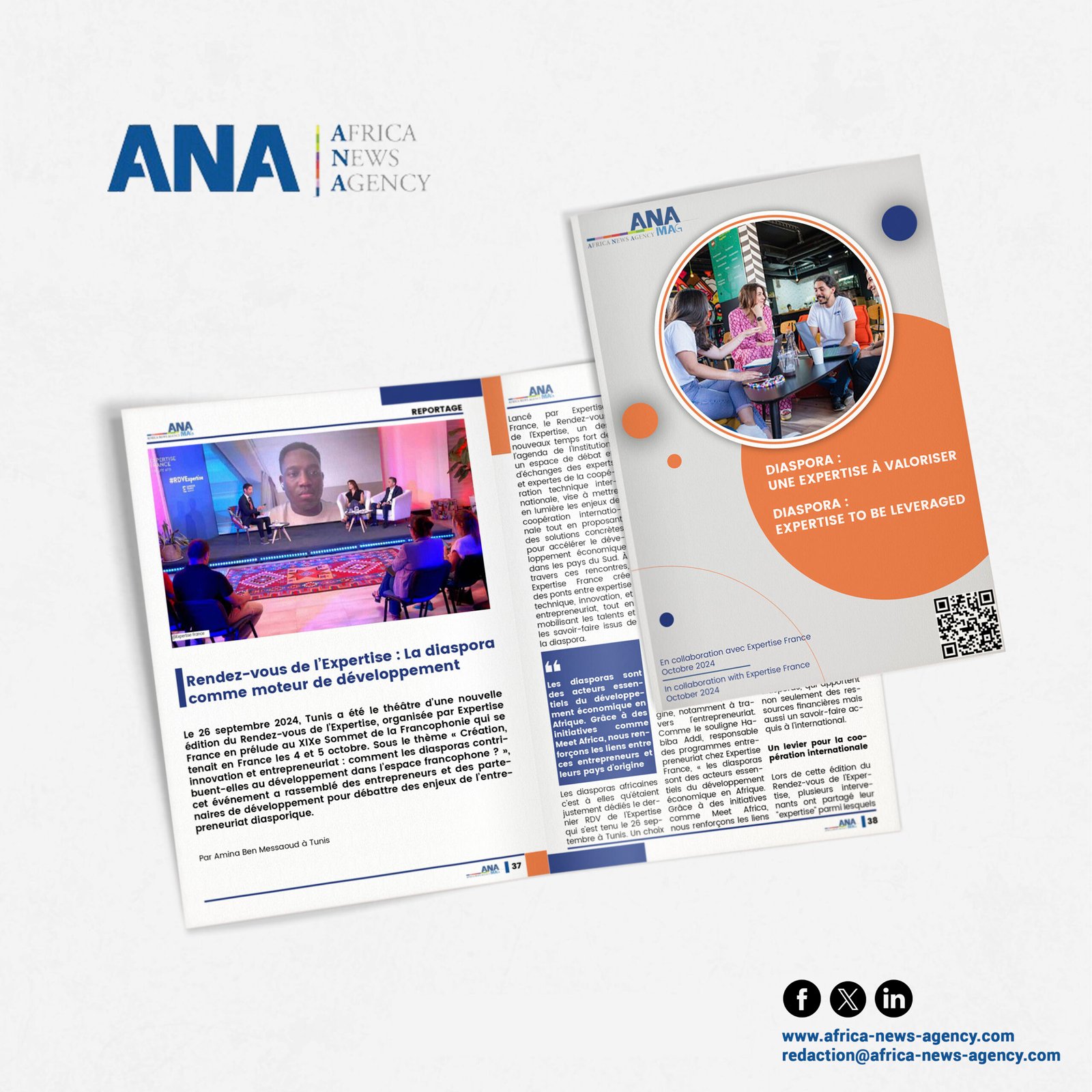M’hamed Ghannem is passionate about Africa and especially by transmitting his knowledge in the field of medicine. He is convinced that the development of the continent will be profoundly influenced by training. This man of many hats has the ambition to offer African medical students, the opportunity to educate themselves beyond the complexity European countries, but indeed in Africa and first in Tunisia. ANA met him.
Interview
You have a very rich career, can you tell us about it?
From a medical perspective, I am a cardiologist, Head of the Cardiology Department, Professor at the Universities of Amiens in France, Sousse and Tunis in Tunisia. I am also a full member of the French and European Societies of Cardiology, as well as, President of the Francophone Association for Prevention and Cardiac Rehabilitation. From a political point of view, I am old borough councilor at the City Hall of the 18th arrondissement of Paris. I am currently member of the Assembly of People’s Representatives, more accurately, representative of Tunisians to France Nord, in Tunis, Tunisia. I am also a member of the Medical Committee at the Arab League in Cairo, Egypt. On the associative level, I am a founding member of several associations including the 21 century club and the Association of North African Doctors in France. Moreover and through my career, I have also been decorated with the Legion of Honor by Mr. Prime Minister Jean-Pierre Raffarin at Matignon. I arrived in France in 1976. At that time I was one of the few Tunisian graduates. I got my degree in high school in Mansoura Kairouan in 1975 and was originally intending to prepare for the “grandes écoles” in France.I have been admitted at the competitive exam of the first year medical in 1976-1977 at the Faculty of Medicine Lariboisière, Saint-Louis in Paris.
What is your vision of the future in Africa?
The future of Africa can only be better. I am sure it will be the continent of the future. Africa is changing, even though there is still much to achieve, large projects to be realized in many areas that will allow Africans to have a better standard of living on their own continent. But this requires good governance, investor…
What do you think are the elements that allow the development of the continent?
If we all put our shoulders to the wheel, we will manage to enhance the African economy. We should not wait for help to come from above, but we need to act at our level. Good governance, involvement of Africans, financial investments, aid from Western countries in training and sharing of know-how, are, in my opinion, the factors that will bring Africa out. The future of Africa also depends on health and education, two major vectors of a country.
Tell us about your project on training African doctors?
Training of African doctors in Europe is becoming increasingly difficult due to financial and administrative problems.
I proposed a tripartite project towards French speaking countries, the European Union, but also to Africa and Tunisia. The idea is to open Tunisian universities to African doctors to perfect their theoretical as well as practical training and validate with university degrees (DU). Funding their stay in Tunisia and university registration will be borne by Francophone countries, at first, and teaching will be delivered by French speaking academics.
This project strongly attracted the attention of the President of the French National Assembly; Mr. Bartolone, the President of the Assembly of People’s Representatives Mr. Mohamed Naceur as well as university representatives from African countries.
Are you the initiator of this project?
I initiated this project that I will present, once finalized, to the President of the French National Assembly, Mr Bartolone.
Professor Abdul Kane, head of the cardiology department in Dakar will handle the African part of the project and I will be in charge of university education with French students. The file will be presented to the Francophonie and the European Union to enable financing the project. The idea of this project rose from my own experience. I am an African who got lucky and wants, my turn; help by transmitting what has been passed on to me. Well trained African doctors will train others.
What are the objectives in the short, medium and long term?
We would set up our project for the 2016-2017 academic year. Develop the project with the support of all partners.I want to start with a few degrees and extend to other diplomas, thereafter.
What benefits will benefit the states concerned?
African states will receive a medical training, with the theory and practice. The EU will help train as much African doctors as possible, on their continent. Tunisia will also benefit from funding for this project.
We are currently, trying to quantify the project. Professor Abdul Kane is responsible for this part. My part is to present the project to various African countries concerned, but also to European countries. This project will also help enhance the Tunisian economy, since the Francophonie and the EU will fund the registration and stay in Tunisia for African doctors during their training. It is actually very complicated to do so in Europe. That is why we want to implement the tripartite agreement. I am confident since this project will benefit all parties.
By Darine Habchi






